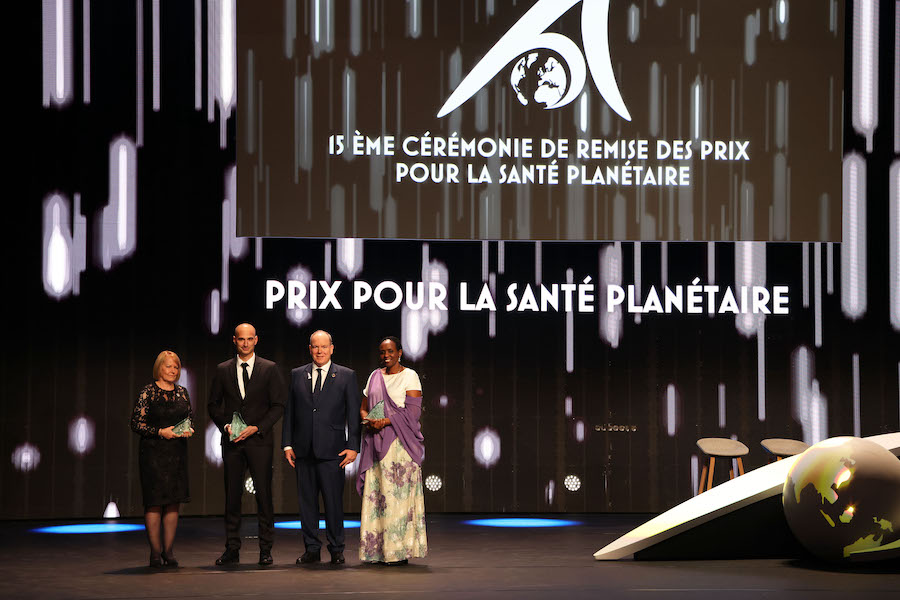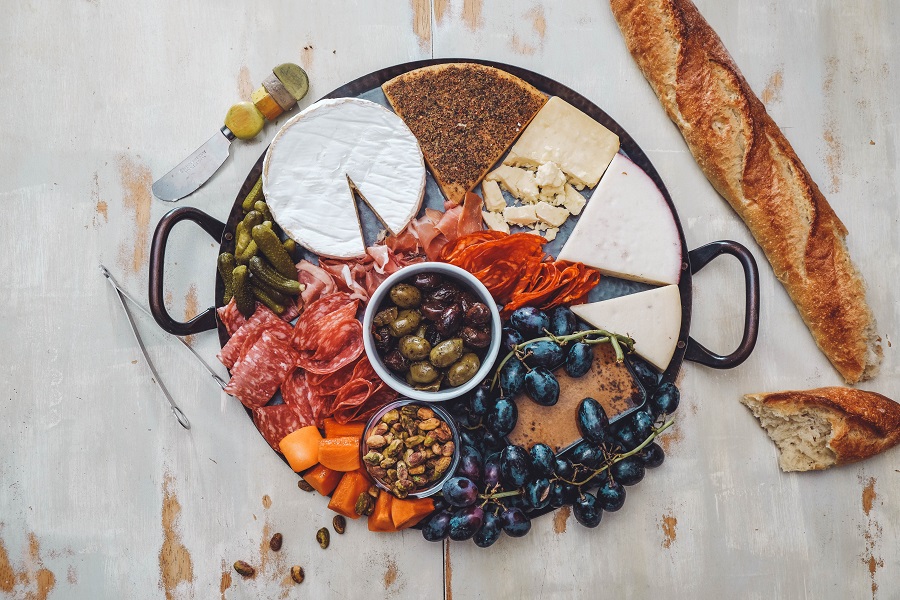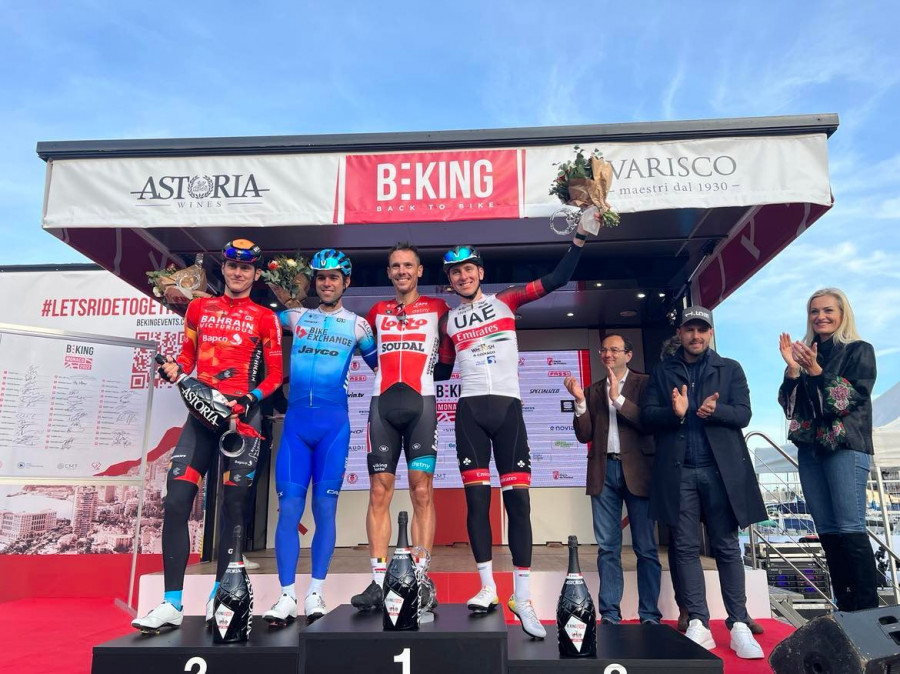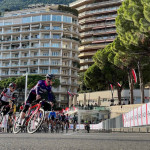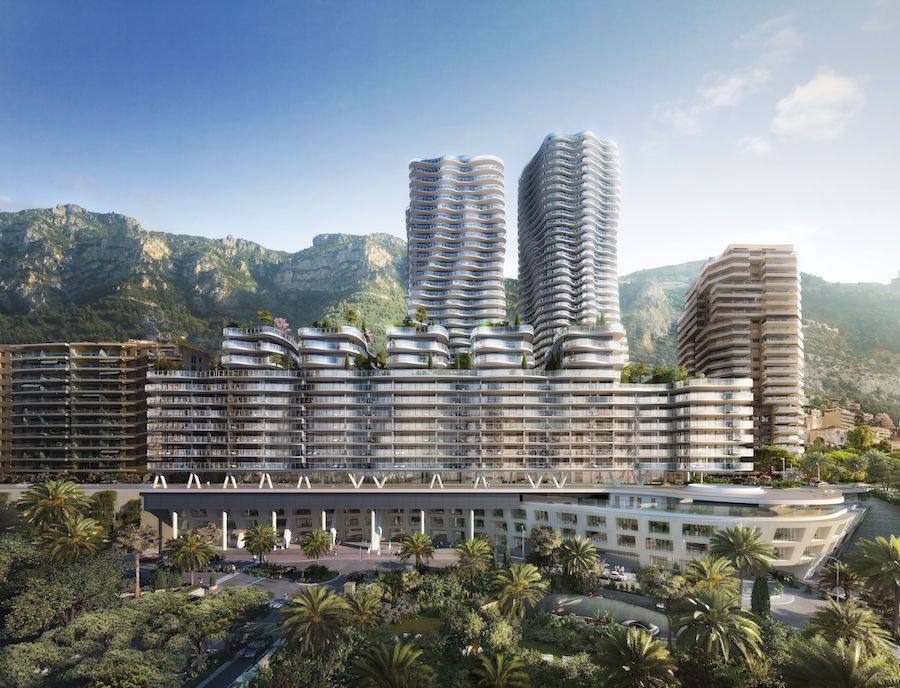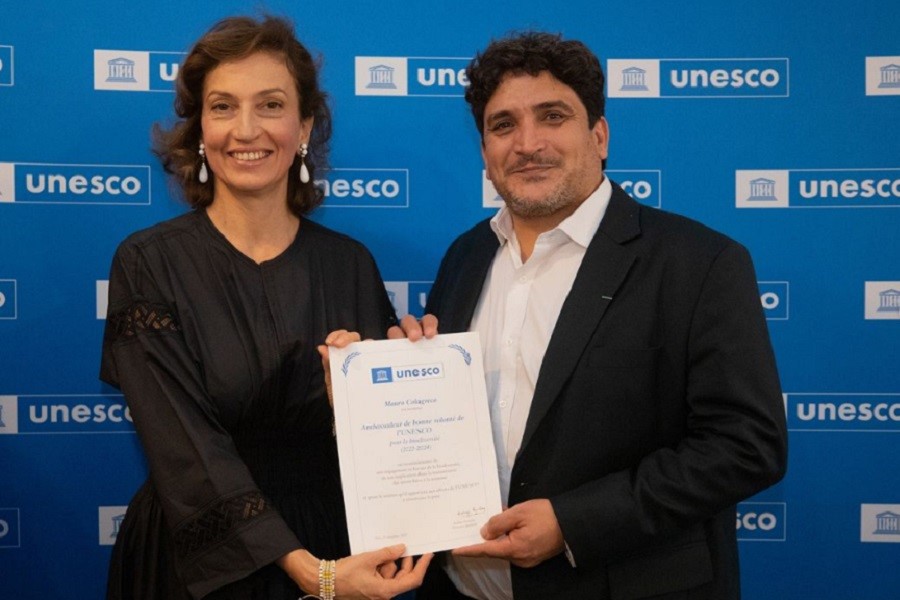The focus was firmly on science at the annual Planetary Health Awards Ceremony in Monaco on Friday, as the Prince Albert II Foundation celebrated the work and achievements of three international names.
Hosted on Friday 25th November at the Monte-Carlo Opera, Prince Albert II opened the ceremony with an inspiring address that reflected the unique challenges of 2022.
“At a time when our planet is once again experiencing open conflicts that tend to push environmental issues aside, there has never been a better time to give a voice to those who seek to protect it,” said Prince Albert II.
He also emphasised that while the awards commend its laureates for their individual work, they also “reward the paths they have chosen”. He singled out three key areas – “politics and collective action, science and research, industry and innovation” – and reminded his talented audience of the need to “constantly mobilise” in order to progress.
A new format for the awards
Speaking at a press conference ahead of the event, Olivier Wenden, CEO of the FPA2, explained how the organisation has “redesigned” its awards to better reflect the work and beliefs of the foundation through three distinct categories.
“First and foremost is science” said Wenden. “This is the way the foundation works. We believe that scientific data [and] scientific messages are central in all the decision processes that must be taken in the public and the private sector. Second, to give voice to real ambassadors and activists in any environmental aspects. The third aspect: every year we want to give an award to a company. We tend not to consider start-ups, but companies that have proven results that benefit the environment, be that marine ecosystems or on land biodiversity. This is the new scope of our Planetary Health Awards.”
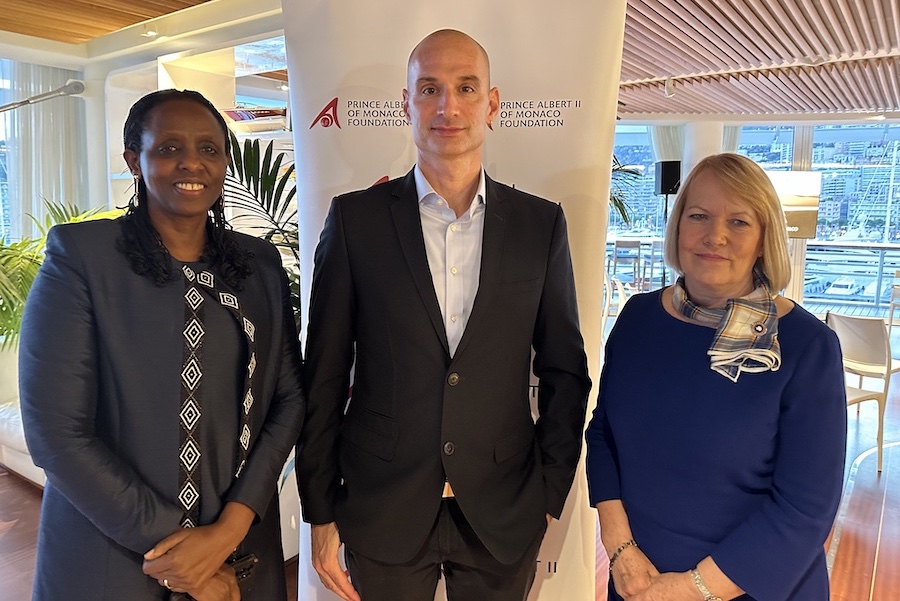
The 2022 laureates
Doctor Agnes Kalibata is a former minister of agriculture and animal resources in Rwanda and now the president of AGRA. Most recently, she has been “leading efforts to ensure Africa’s food security and prosperity through inclusive and sustainable agricultural growth to secure the livelihoods of millions of smallholders”.
Kalibata used her moment in the spotlight to impress upon the audience the importance of AGRA’s work as a whole.
“We are not on track to achieve [the UN’s Sustainable Development Goal of] Zero Hunger by 2030,” she said. “This is made more difficult by climate change, the challenge of our time. Agriculture is a major part of the climate problem. It currently generates 19–29% of total greenhouse gas emissions. Without action, that percentage could rise substantially. I am honoured to receive this award today, but it is not just for me. It is also an award acknowledging that we must continue our push to support African smallholder farmers.”
The second award winner was Professor Dame Jane Francis, the director of the British Antarctic Survey. She is also deeply involved in international polar organisations, such as the Antarctic Treaty and the European Polar Council, and serves on the advisory boards of several national polar programmes.
“It is a great honour to receive this award and I do so on behalf of all the excellent scientists who work with me at the British Antarctic Survey in Cambridge and many colleagues around the world who are dedicated to understanding the changes happening to the polar regions,” said the professor. “I am sure that we are all aware that the polar regions are changing fast. What happens in these regions affects us all, even as we sit here today. As the ice sheets melt the sea level is rising across the planet, affecting billions of people who live near the coasts, affecting cities and business supply chains.”
The final award went to ECOncrete Tech, an interdisciplinary scientific company represented by CEO Ido Sella.
“With the majority of human population residing along coastlines, and the intensive process of coastal armouring due to increased storminess and prediction to sea level rise, an increased focus should be given to the neutral marine resources that are supporting precious ecosystem services,” said Sella as he accepted the award. “Today, as we work with cities, governments, industries and communities to change the way future waterfronts will look and function, and make marine life thrive where it couldn’t before, we are more committed than ever to this quest.”
The Church Forests of Ethiopia: a private screening
The screening of a short documentary film, The Church Forests of Ethiopia, followed the awards. It was produced by WaterBear, an environmentally-focused streaming platform. Its founder, Ellen Windemuth, joined the FPA2’s 2022 laureates for a roundtable discussion on the “environmental upheavals we are facing today and on the means we have to respond to them”, which was moderated by France 24 journalist Mairead Dundas and concluded the 2022 ceremony.
Photo above: HSH Prince Albert II of Monaco with from left to right Prof Dame Jane Francis, Dr Ido Sella and Dr Agnes Kalibat. Credit: JC Vinaj for FPA2
